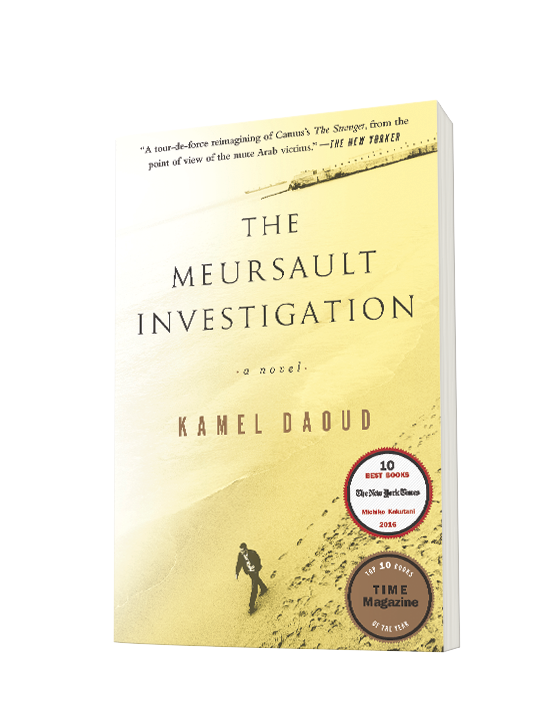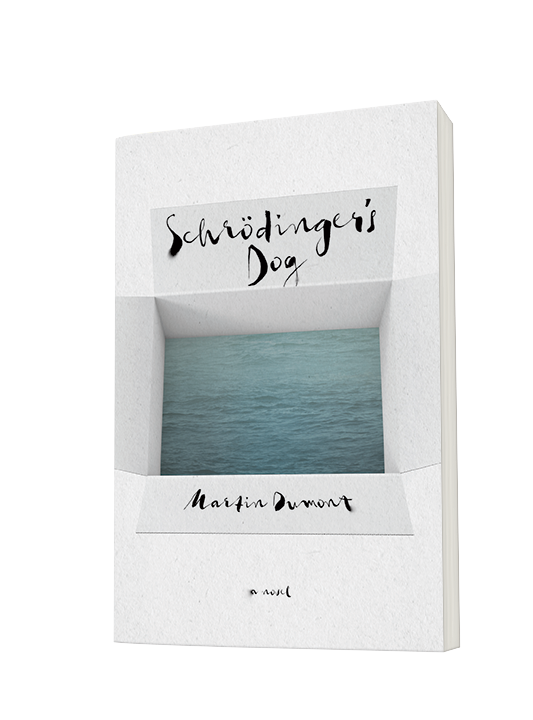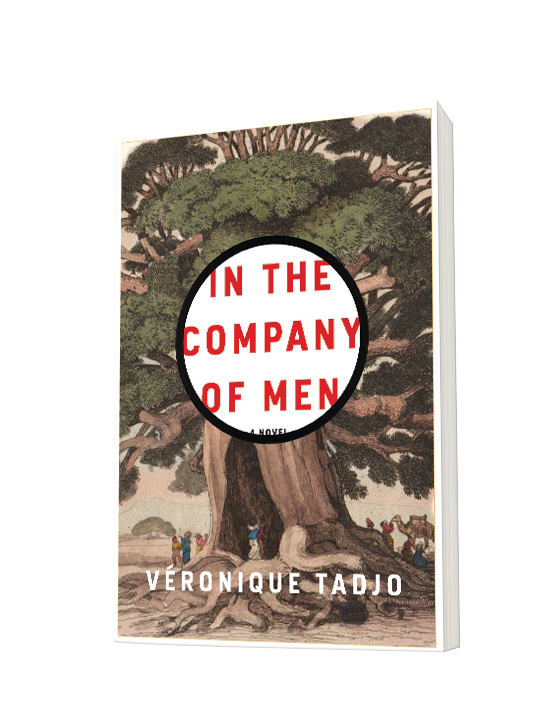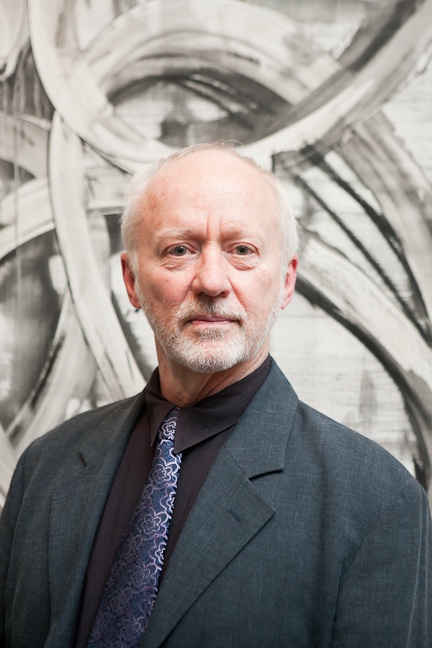Dear Reader,
Works in translation are staples of our collective intelligence. They protect us from provincialism and bigotry, and provide us with the invaluable gift of breaking the divide between us and “the other,” allowing us to discover that it is through differences that we can capture what connects us all. Navigating the space between our familiar colloquial style of speaking and the idiosyncracies of different cultures demands not only talent but also a keen sense of how to keep the right balance between them. Much of it can be achieved by reinventing the sentences (the right way of translating) while keeping the music of the original. The process of translation isn’t a technical skill; it requires an ability to surrender to a foreign text and return home with the correct vision of what the author had in mind.
To our profound chagrin, one of the greatest American translators, John Cullen, has died. He was the incarnation of what I was just talking about. John translated effortlessly from French, Italian, Spanish, and German. But his talent didn’t stop there! John was also a doctor, if you will: often when another translator’s work missed the mark, the author or I would go crying to his door. Even with works written in language he didn’t know well, his remarkable understanding of how language operates would always cure the problem.
I worked with John for many years and used to spend hours on the phone with him (the ear again), reading bits and pieces of his translations aloud. It was a fascinating exercise that led us to long conversations about art, politics, and whatever else was packed into the difficult sentences we were working on. Together we read the whole of The Meursault Investigation to make sure that Kamel Daoud’s particular tone and intent were respected because, as an Algerian novelist, Kamel wrote in the language spoken by those who appropriated his country, while giving it a music closer to his original culture. John mastered the challenge, and I am so proud to have been his sounding board. The book was a huge success—people got it!!!
John would only translate books he liked, and I was lucky that he appreciated my choices. So often he would say to me, “This is a great book but there is no way you will sell two copies!” He was right most of the time. One of his favorites, the moving, authentic, and gripping Schrödinger’s Dog by Martin Dumont, got raves but the story was too subtle or too profound to attract many readers.
The best translators see their invisibility as their calling, but now that John has gone where artists and writers go before they were born (as Proust explained in a previous newsletter), his work jumps off the page—at least for me. I know where to find him.
Here is what Kamel Daoud, Göran Rosenberg, Martin Dumont, and Véronique Tadjo had to say about John:

Kamel Daoud, when he heard the news, wrote to me:
“Pour moi, un roman traduit, c’est une bataille dont le chef est un homme invisible et qui, lorsqu’elle est gagnée, donne son mérite à celui qui ne l’a pas mené. Alors là, pour avoir été lu en Amérique, pour avoir été traduit, connu, apprécié ou pas, je m’excuse auprès de John. C’était aussi de son talent qu’il s’agissait, pas le mien éventuel.”
“For me a translated novel is a battle whose leader is an invisible man who when the battle has been won passes on his own merit to the one who didn’t do the fighting. So for me, to have been read in America, to have been translated, known, appreciated or not, I can only apologize to John. It was about his talent more so than my own.”

Göran Rosenberg, the reknowned Swedish writer, said the following:
“In my book A Brief Stop on the Road from Auschwitz, it says ‘Edited by John Cullen.’ It should have said, this translation was made into literature by John Cullen. It should also have said, this translation was adopted by John Cullen, and, in an act of love, made into a child of his own. And as with all miracles, you will never fully understand how it happened, except that it had to do with the extraordinary sensibilities of John Cullen, linguistic and otherwise.”

Martin Dumont responded to the news with the following:
“J’ai eu l’immense privilège de voir mon premier roman traduit aux Etats-Unis par John Cullen. Lors de nos échanges, j’ai pu apprécier l’étendue de sa sensibilité et de sa gentillesse.”
“I had the extraordinary privilege to be translated in the United States by John Cullen. During our exchanges I deeply appreciated his remarkable sensitivity and kindness.”

Véronique Tadjo, author of In the Company of Men, pointed out:
“John Cullen could grasp the essence of a text and achieve a smooth transition from one language to the other. As for In the Company of Men, I was amazed at how he captured its oral style and enriched it, thus helping a new audience to hear the characters’ voices. I wish I’d had the chance to know him longer.”

Kira Wizner, a wonderful independent bookseller who knew John and his wife, the novelist Valerie Martin, loved John’s unique perspectives on things:
“John Cullen was a wordsmith, and like any true master, loved language. The first time he and Valerie came over for dinner, I found him lingering in the hallway examining the Hebrew house blessing we have by the door, pulling out words he knew and then asking about others. Every time he handed me a book he had worked on, I knew it was going to be worthy. From the doomed protagonist of A Brief Stop on the Road from Auschwitz, to the sexually charged scenes in Don’t Move, to the tortured, grieving father in Schrödinger’s Dog, readers in English were gifted a version that worked because John was, dare I say, holistic. The words, the mood, the subtext, all accounted for.
“The music in words was his other love—even better when there was music in the words. Most of my Schubert playlists date from the time he spent working on Sarah Léon’s Wanderer, a haunting novel where music and the desire to honor that music were well served by John’s work. He will be missed.”
Sincerely,Judith Gurewich
Publisher
Other Press


